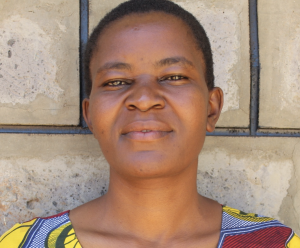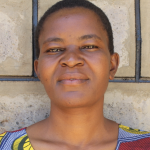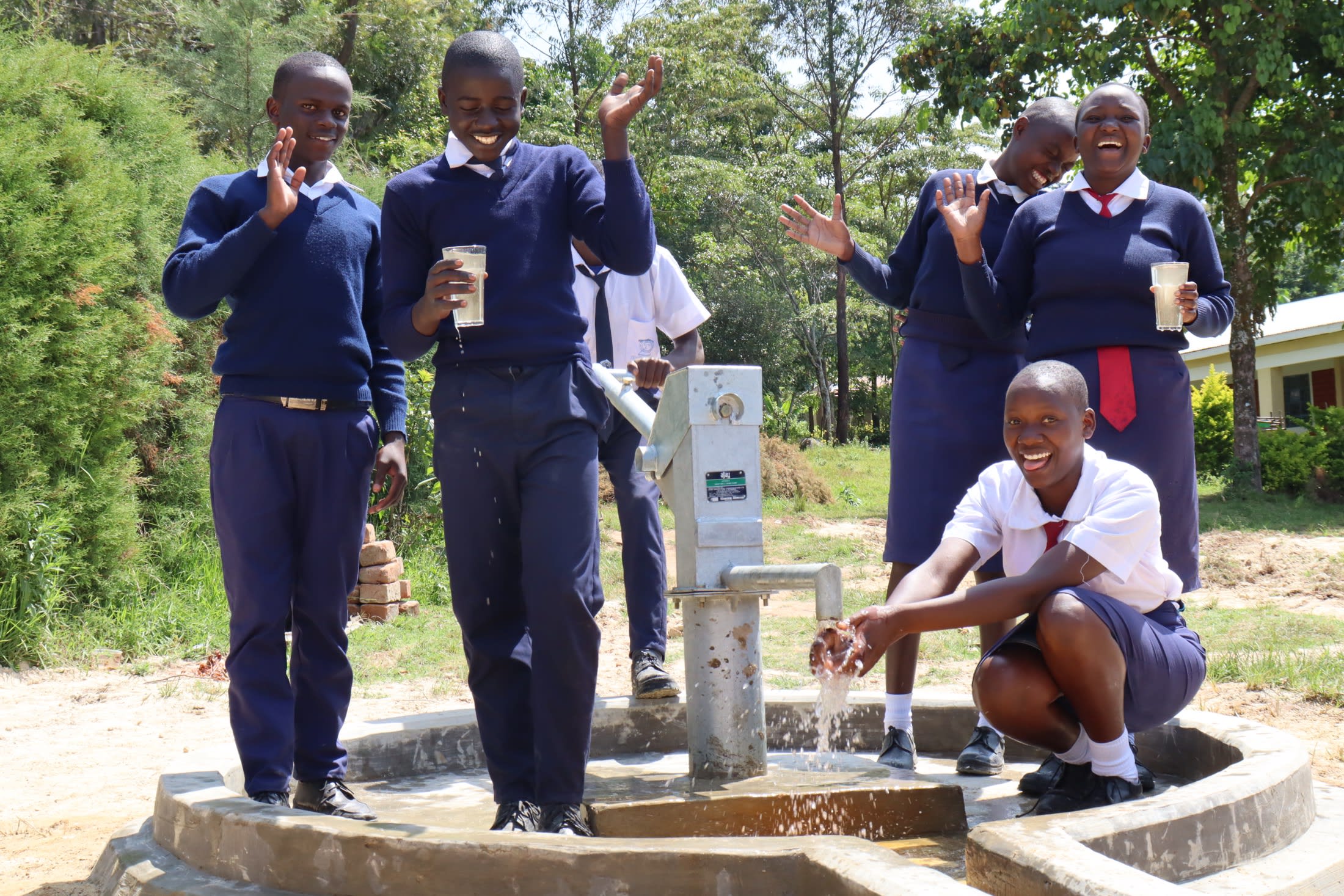The primary water source for Museywa Secondary School, an older dug well seems by appearances like it should be sufficient. But, unfortunately, the well is seasonal so it often sits dry. And even when it has water, it does not provide enough for the school population of 584 students and staff.
There are also a couple of water storage tanks on the school campus, but without sufficient water to fill them, they only provide some relief. Often, they are empty, too.
The alternative for the school is to rely on students to collect water from other community water sources and bring it to school with them each morning. The water becomes contaminated when collected and carried in dirty containers regardless of the original source. Many water-related illnesses have been reported among teachers and students, leaving them suffering and missing out on their everyday activities.
"The first day I drank water from this school, that was the day that I got infected, and this has cost me a lot of money. My health has deteriorated because of amoeba," said Alice Nyangasi, a 38-year-old teacher. Alice is pictured below standing at the insufficient hang-dug well.
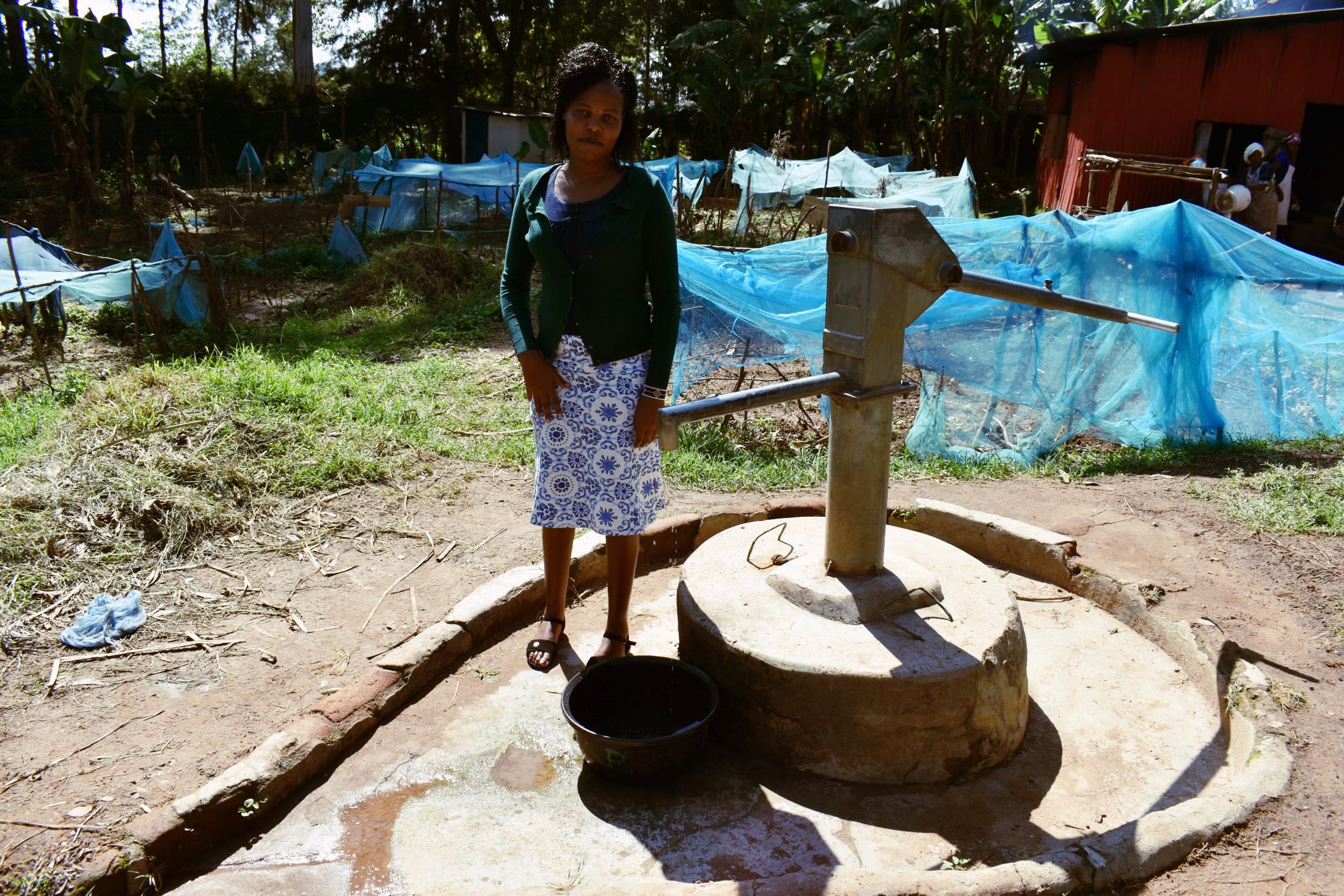
Finding water to collect is a challenge for students every day as they often have to wait in long lines wherever they go. People become impatient, and quarrels start. The students' valuable time and energy are lost when they should be learning.
Brian O. (pictured below), 16, said, "The current water situation has really affected my life. [I] am on and off in hospital with amoeba until teachers are tired with me. My performance has really dropped."
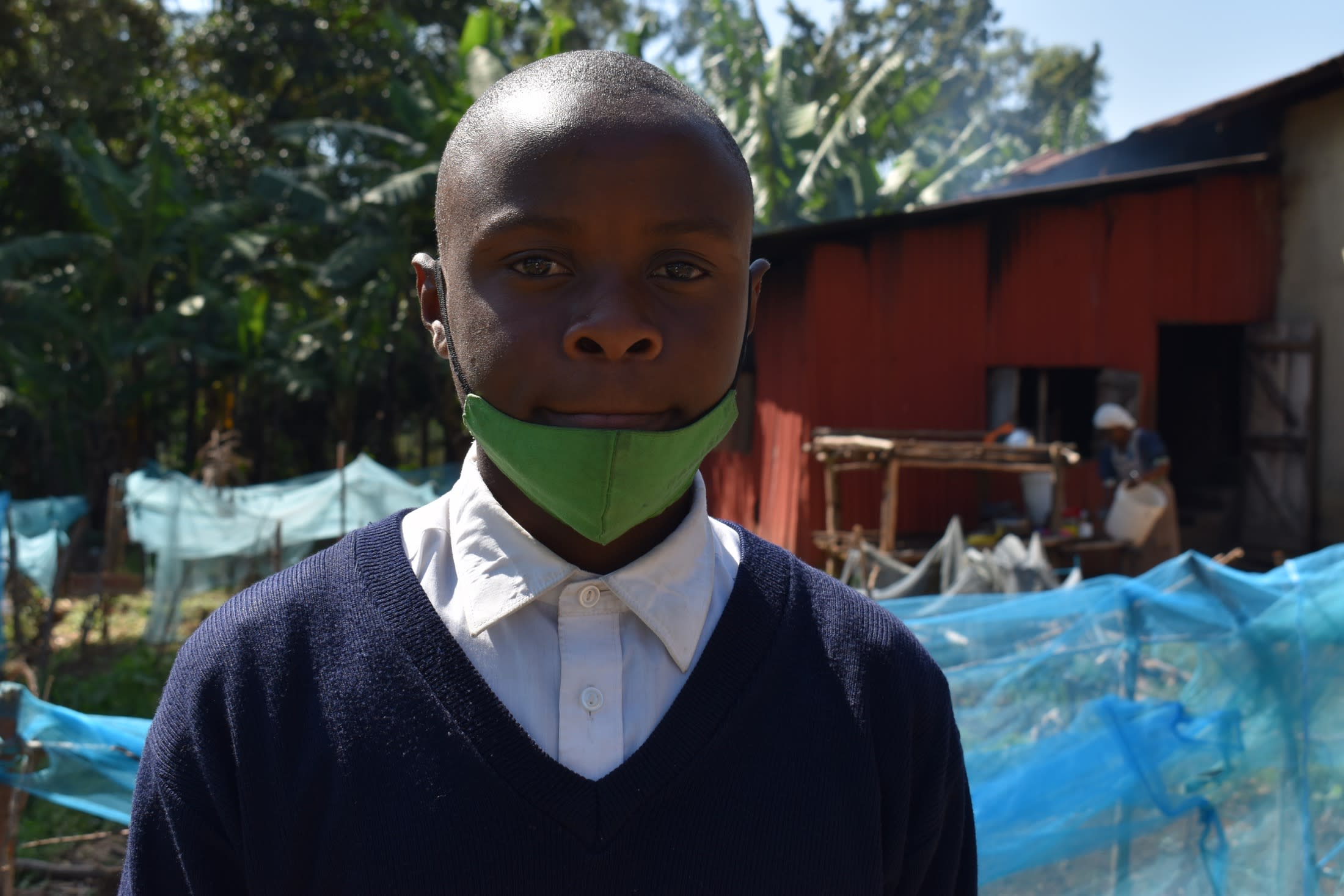
The students and staff at Museywa need a reliable, clean water source that will provide sufficient water. This will allow them to get back to learning instead of constantly dealing with delays and illnesses.
What We Can Do:
New Well
We conducted a hydrogeological survey at this school and the results indicated the water table beneath it is an ideal candidate for a borehole well. Due to a borehole well's unique ability to tap into a safe, year-round water column, it will be poised to serve all of the water needs for this school's large population, even through the dry months.
The school will help collect the needed construction materials such as sand, rocks, and water for mixing cement. They will also provide housing and meals for the work team, in addition to providing local laborers. We will complement their materials by providing an expert team of artisans and drilling professionals, tools, hardware, and the hand-pump. Once finished, water from the well will then be used by the school's students and staff for drinking, handwashing, cooking, cleaning, and much more.
Handwashing Stations
There is currently nowhere for students to wash their hands after using the latrines or before eating lunch, let alone the water to do so.
The student health club will oversee the two new handwashing stations we will provide, and make sure they are kept clean and in working condition. The club leaders will fill the handwashing stations with water daily and make sure they are always supplied with a cleaning agent such as soap or ash.
VIP Latrines
We will construct two triple-door latrine blocks using local materials that the school will help gather. Three doors will serve the girls and three doors will serve the boys. All of these new latrines will have cement floors that are designed to be easy to use and to clean. And with a borehole right on school property, there should be enough water to keep them clean.
Training on Health, Hygiene, COVID-19, and More
We will hold a one-day intensive training session with students, teachers, and parents. This training will cover a wide range of topics including COVID-19 symptoms, transmission routes, and prevention; personal and environmental hygiene; and the operation and maintenance of the borehole, latrines, and handwashing stations. There will be a special emphasis on handwashing.
Our team of facilitators will use a variety of methods to train, including participatory hygiene and sanitation transformation, and asset-based community development. We will initiate a student health club, which will prepare students to lead other pupils into healthy habits at school and at home. We will also lead lectures, group discussions, and provide illustrative handouts to teach health topics and ways to promote good hygiene practices within the school including handwashing and water treatment. We will then conduct a series of follow-up trainings before transitioning to our regularly scheduled support visits throughout the year.
We and the school strongly believe that all of these components will work together to improve standards at this school, which will help lead to better student academic performance and will help unlock the opportunity for these students to live better, healthier lives.

 Borehole Well and Hand Pump
Borehole Well and Hand Pump
 Rehabilitation Project
Rehabilitation Project












